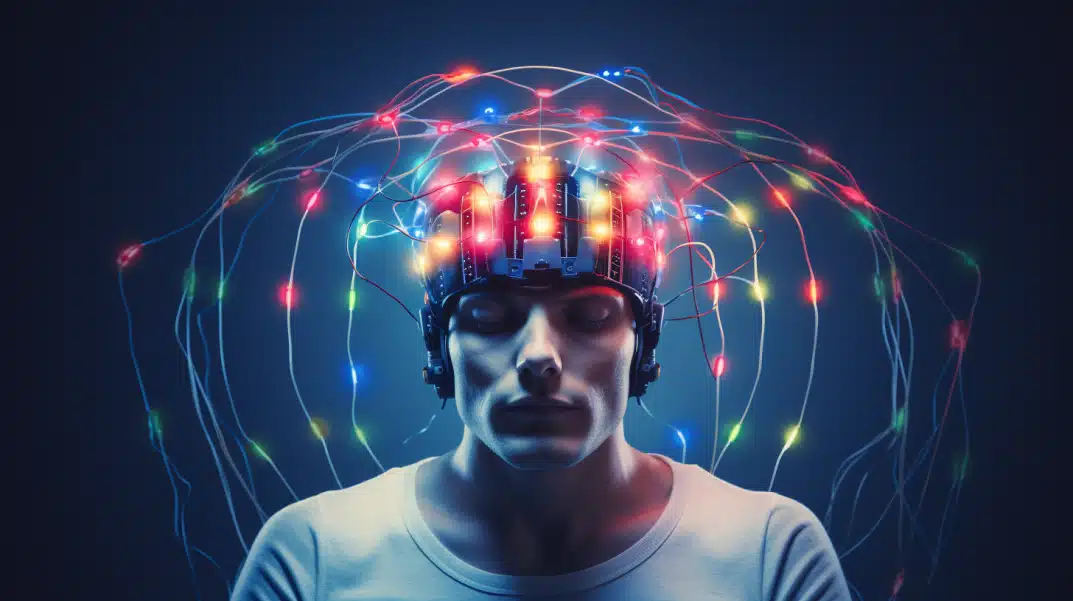Improving Addiction Treatment by Targeting Cognitive Deficits
People struggling with substance use disorders often have difficulties with memory, attention, planning, and decision-making. New research explores how these cognitive deficits relate to treatment outcomes and whether targeting them could improve addiction recovery. Key Facts: Cognitive deficits are common in people with substance use disorders, especially relating to memory, attention, self-control, and reward-based decision-making. …










